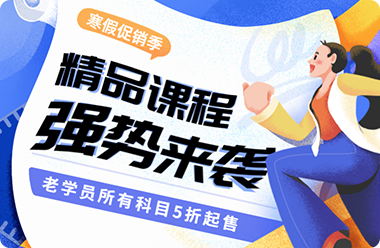[单选题]3.When I was a chaplain intern at UCLA Medical Center, I entered the lives of strangers at the worst possible moments. In those dark hours, when a patient was dying, I would show up, a stranger, an unfamiliar face and voice and touch. In the beginning, I dreaded those visits, viewing myself as a poor substitute for the comforting intimacy of family and friends. I felt helpless to help.
AThen I learned an important spiritual lesson from one of those strangers and never looked at life the same way again. She was dying of kidney failure, and her only hope was a transplant. I waited with her, and prayed with her, and finally said with a sigh, “I wish I could do something more than this.”
B“You can,” she said. “You can do so much more.”
CAt her deathbed, I made a promise that I would be a living kidney donor, as soon as time and circumstances would permit.
DOver a decade later, I made good on that promise. I went back to UCLA and offered my kidney to whoever needed it the most.
EThen my kidney flew on its first trip without me, nestled in the pilot’s cabin, front row seat, on its own journey. I met the man who got my kidney many months later, on a bright, sunny California day when he was well enough to travel. Although we had never exchanged photos, we immediately recognized each other in the crowded restaurant. I went toward his open arms, both of us laughing and crying at the same time as we connect with life: my life, his life, all life. I will carry that feeling with me every moment that I continue to breathe, knowing it will hold me up during my own dark hours, this priceless gift that a stranger gave me in her last moments on earth.
F
G3.1 When the author was at UCLA Medical Center, her job was to____.
Hdo religious work for those dying patients
Iperform surgery for patients
Jassist doctors in their daily work
Ktake care of patients as other nurses
收藏
查看答案
